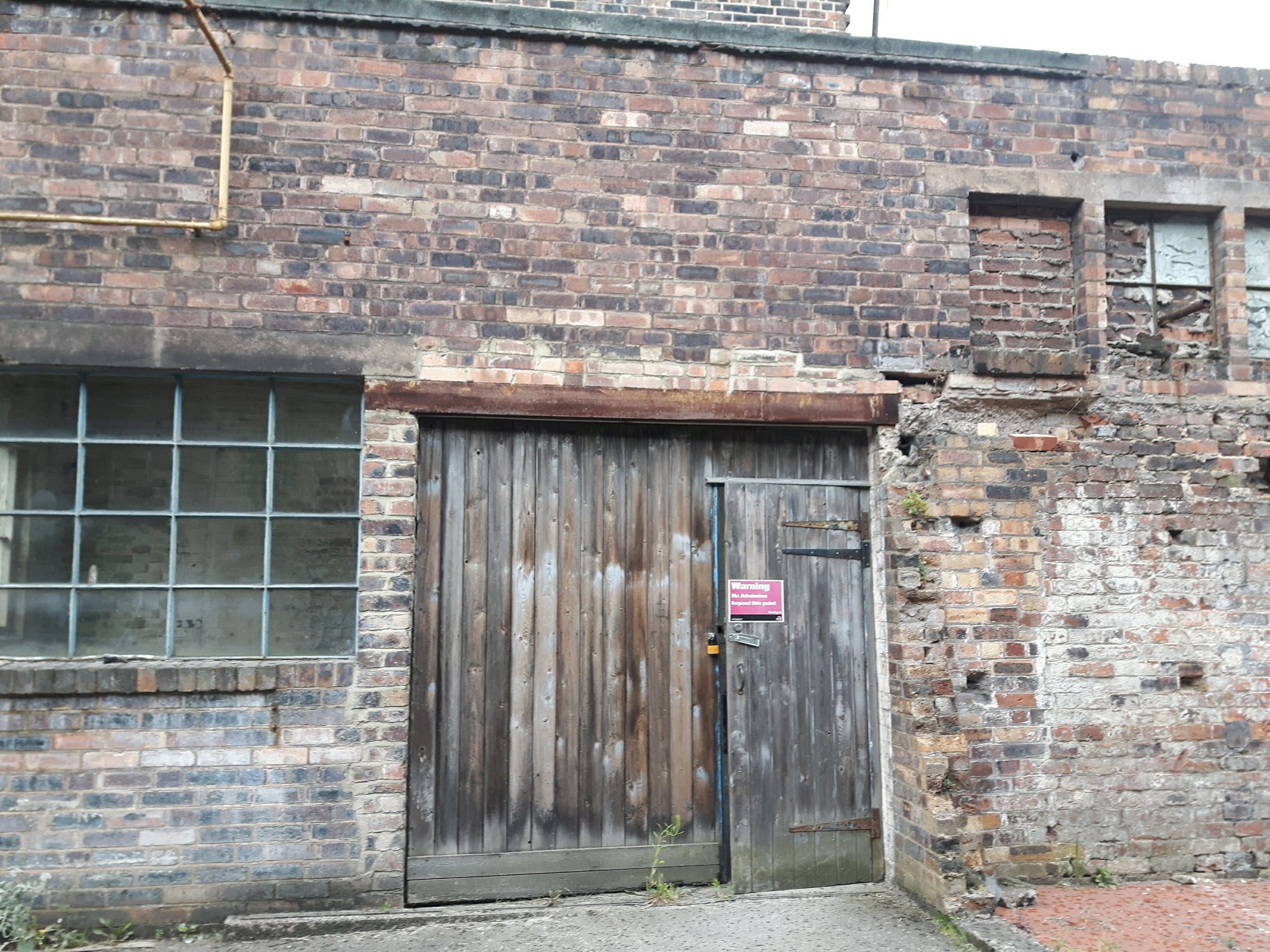In the summer of 2018 we had the opportunity to collaborate with the Spode Museum Trust, Buckinghamshire University and UCL to undertake a feasibility study for mass-digitisation. The project involved industrial heritage in the city of Stoke-on-Trent. In particular, the historic Spode Works in which where world-renowned bone china was produced. This factory was one of the few ceramic manufactories in Britain to have operated continuously for over 230 years on its original site until the company ceased trading in 2008. Since its closure, a 2017 survey undertaken by Stoke-on-Trent City Council, recorded a total of 63,400 moulds that still remain within eleven buildings.
As the site is currently in the process of regeneration and its buildings repurposed, only a small percentage of this material has been recommended for retention. For the remainder, the council has suggested that destruction may be the only viable option.
The historic Spode Works site in Stoke-on-Trent
The team is currently investigating viable options to digitise the moulds in order to digitally preserve them and to investigate their re-use through digital technologies for other creative and educational purposes. Given the scale of the task, we undertook a feasibility study in July, with the objectives of elucidating the specific digitisation challenges of the artefacts and the site; and raising the interest of our various stakeholders. The team undertook a combination a 3D scanning and structure from motion techniques during the various days we were on site.
 3D scanning of moulds using hand-held scanner
3D scanning of moulds using hand-held scanner
The results of the trial involved a better of understanding of how to prioritise the items to scan, a methodology for the digitisation as well as the identification of suitable equipment to achieve this. We are currently identifying funding to further support this digitisation challenge as well as the re-imagining of the material for other creative purposes.
In January 2019 we presented this trial at the V&A conference Celebrating Reproductions: Past, Present and Future. The details of the presentation are here: http://reality.cs.ucl.ac.uk/projects/ceramics/brownsword19mould.html




